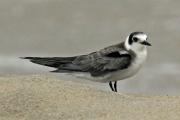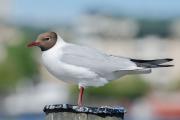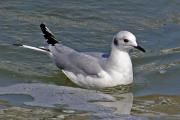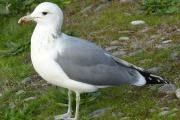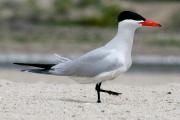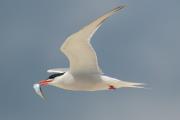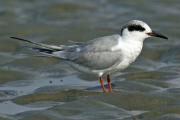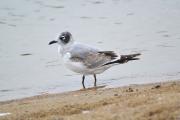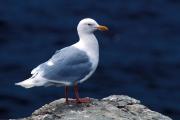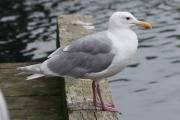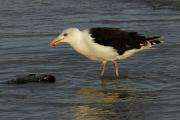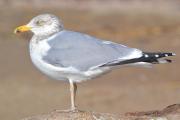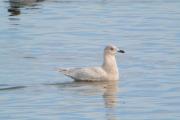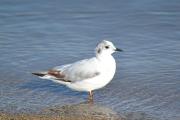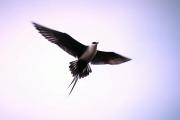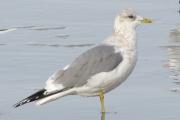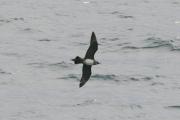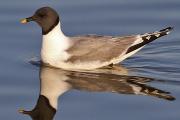Comprehensive Guide to Boreal Birds
|
© Dick Daniels/Wikimedia Commons (CC 3.0) Chlidonias niger An estimated 26% of the species' North American population breeds within the Boreal Forest. |
© Arild Vågen/Wikimedia Commons (CC 3.0) Larus ridibundus An estimated 100% of the species' North American breeding range lies within the Boreal Forest. |
© Dick Daniels/Wikipedia Commons (CC 3.0) Larus philadelphia An estimated 95% of the global population of Bonaparte's Gull breeds in wetlands within the boreal forest region of Canada and Alaska. |
© Michael Klotz/Flickr (CC 2.0) Larus californicus An estimated 6% of the species' North American population breeds within the Boreal Forest. |
|
© Dick Daniels/Wikipedia Commons (CC 3.0) Hydroprogne caspia An estimated 10% of the species' North American population breeds within the Boreal Forest. |
© Badjoby/Wikimedia Commons (CC 3.0) Sterna hirundo An estimated 74% of the North American population of Common Tern breeds in the wetlands of the boreal forest of Canada. |
© Dick Daniels/Wikimedia Commons (CC 3.0) Sterna forsteri An estimated 13% of the species' North American population breeds within the Boreal Forest. |
© Andrew C/Wikimedia Commons (CC 2.0) Larus pipixcan An estimated 48% of the species' North American population breeds within the Boreal Forest. |
|
© Art Sowls, USFWS Larus hyperboreus An estimated 5% of the species' North American breeding range lies within the Boreal Forest. |
© Dick Daniels/Wikimedia Commons (CC 3.0) Larus glaucescens An estimated 11% of the species' North American breeding range lies within the Boreal Forest. |
© Andrea Westmoreland/Wikimedia Commons (CC 2.0) Larus marinus An estimated 84% of the species' North American population breeds within the Boreal Forest. |
© Andrew C/Wikimedia Commons (CC 2.0) Larus argentatus An estimated 81% of the species' North American population breeds within the Boreal Forest. |
|
© Andy Reago & Chrissy McClarren/Wikimedia Commons (CC 2.0) Larus glaucoides This species regularly occurs in North America's boreal forest during breeding, migration, or wintering. |
© Andrew C/Wikimedia Commons (CC 2.0) Larus minutus Over 50% of the species' North American breeding range lies within the Boreal Forest. |
© Tim Bowman, USFWS Stercorarius longicaudus An estimated 20% of the species' North American breeding range lies within the Boreal Forest. |
© Kaaren Perry/Wikimedia Commons (CC 2.0) Larus canus An estimated 58% of the global population of Mew Gull breeds in the wetlands of the boreal forest of western Canada and Alaska. |
|
© Dominic Sherony/Wikimedia Commons (CC 2.0) Stercorarius parasiticus An estimated 24% of the species' North American population breeds within the Boreal Forest. |
© Mdf/Wikimedia Commons (CC 3.0) Larus delawarensis An estimated 22% of the species' North American population breeds within the Boreal Forest. |
© Dominic Sherony/Wikimedia Commons (CC 2.0) Rhodostethia rosea An estimated 54% of the species' North American breeding range lies within the Boreal Forest. |
© Matt VanWallene/Wikimedia Commons (CC 4.0) Xema sabini An estimated 3% of the species' North American breeding range lies within the Boreal Forest. |


